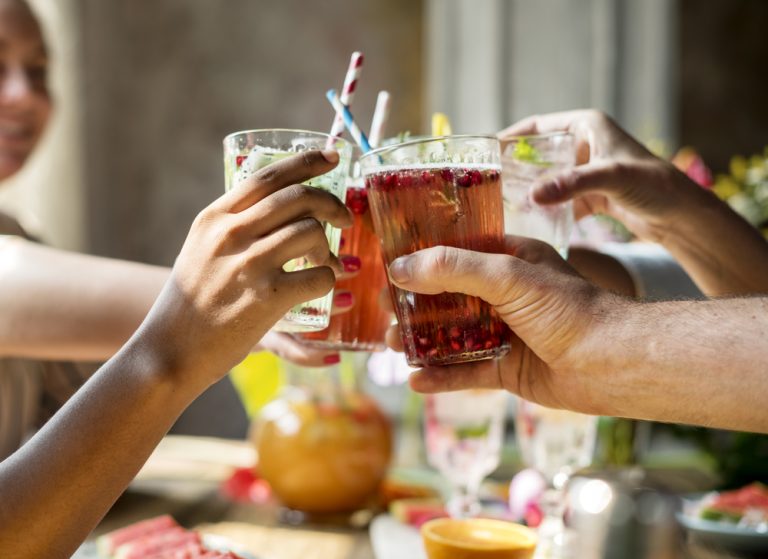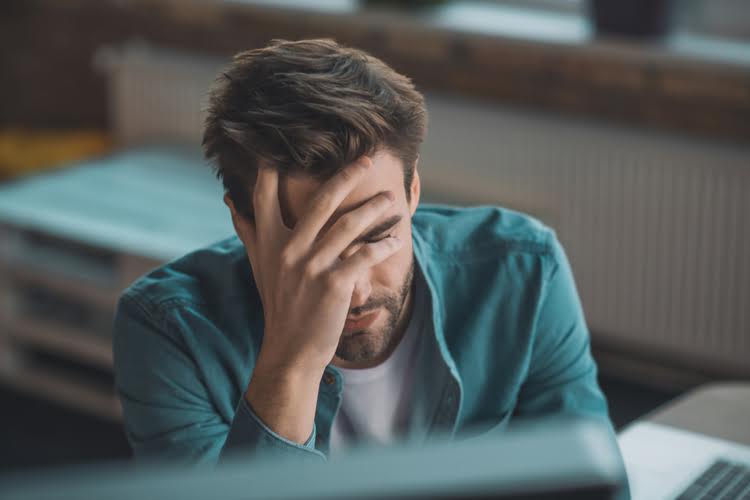Replacing boredom drinking with enjoyable and fulfilling activities can help you maintain a healthier lifestyle and improve your mental health. Some alternative activities to consider include physical exercise and outdoor activities, creative pursuits and learning new skills, and volunteering and community involvement. If you or a loved one is struggling with alcohol use, we can help. Footprints to Recovery offers alcohol addiction treatment that’s evidence-based and personalized to your clinical needs, preferences, and life situation. We don’t just treat the symptoms of addiction; we address underlying issues like co-occurring mental health conditions and trauma that perpetuate substance use. We’ll also teach you healthy coping skills that support long-term abstinence from drugs and alcohol.

But I PROMISE you, if you keep moving forward, things in your brain will start to click. And one day, it will occur to you that you’re actually happy and enjoying your life. By removing the alcohol and making those necessary lifestyle changes, we increase the chances of becoming people who can enjoy the simple pleasure of life once again. You have to understand what you’re feeling and WHY you’re feeling this way in order to change it.
Sobriety And The (Misguided) Pursuit Of Happiness
By implementing these strategies, you can effectively manage boredom and negative emotions without turning to alcohol, improving your overall mental health and well-being. In the process, you will also learn to balance positive and negative emotions, leading to a more stable emotional state. However, feeling bored without alcohol isn’t actually a bad thing. And the sickness and tiredness you feel after the initial high of alcohol consumption wears off is neither fun nor interesting. So drinking because you’re bored isn’t doing much for you in the long run.
During the adaptation stage, make conscious decisions to change your problematic habits. This is different for each person, but adaptation may include drinking later in the day, drinking less often on weeknights or stop drinking out of boredom. In the absence of alcohol, regular life starts to feel dull and gray. It’s why so many people wrestle with depression and PAWS once they quit drinking. The longer you rely on alcohol to deal with boredom, the less capable you are of getting fulfillment out of healthier coping mechanisms like hobbies or exercise.
The Takeaway: How To Deal With Being Sober and Bored
As part of your daily “boredom prevention plan,” schedule a reward for not drinking when you otherwise would. If you do manage to meet your friends, the added drinks from socializing might affect your ability to get home, placing a burden on your friends. Say your main drinking occasion is when you socialize with friends. A drink or two while bored might make you too tired or too wary of driving to meet your friends. Hobbies occupy the mind and give you a sense of accomplishment. Bored drinking might elevate your mood briefly, but it won’t ever match the satisfaction of mastering a hobby.

Staying busy is a great way to stave off boredom and create space for healing the parts of your brain that took a walloping from drinking. It’s particularly therapeutic to find something to do with your hands. When I quit drinking, I was lucky to have a spouse that supported my decision.
Delirium Tremens: Risk Factors and Treatment for DTs
But the thing is, drinking out of boredom is a type of drinking that can quickly spiral out of control if you aren’t careful. Feeling bored is a natural part of life, but how you choose to cope with it can have a major impact on your well-being. There are healthy ways to deal with boredom and then there are the other options – the things we do to escape it entirely. Reducing alcohol intake may produce withdrawal symptoms such as sweating,
shivering, high blood pressure, vomiting, fatigue, etc. Psychological
symptoms like anxiety, restlessness, &
anger
outbursts, or irritability can be seen as an after-effect.
- On that note, the following pointers for ending a boredom-induced alcohol habit are for those who want to take their health, diet, and fitness to the next level.
- Taking care of your emotional and mental health can help you better help them.
- We don’t just treat the symptoms of addiction; we address underlying issues like co-occurring mental health conditions and trauma that perpetuate substance use.
- Everyone reacts to boredom differently, but the way we react is vital to our health and well-being.
- Eating well, staying hydrated, getting physical activity, and not stocking up on alcohol for the winter are other helpful strategies to stop drinking out of boredom.
- Knowing how to identify the signs of heading toward alcoholism can allow you or a loved one to seek treatment and recover.
By incorporating mindfulness practices and stress management techniques into your daily routine, you can effectively manage boredom and negative emotions without relying on alcohol. Tracking your alcohol consumption can help you identify patterns and situations that lead to boredom drinking. However, boredom drinking can result in a damaging cycle that is difficult to break and can negatively impact ongoing mental health. It’s essential to understand the link between boredom and alcohol consumption to take control of your life and prevent drinking out of boredom. Boredom and binge drinking often go hand-in-hand, as drinking alcohol to pass the time and relieve boredom is a common occurrence. It doesn’t help that although alcohol may be the world’s most commonly accepted drug, it’s also regularly left off the list of drugs that negatively impact people’s lives.





